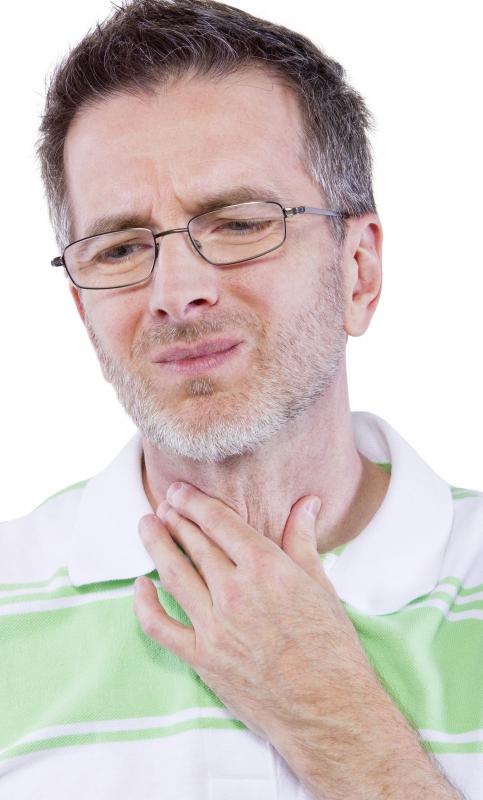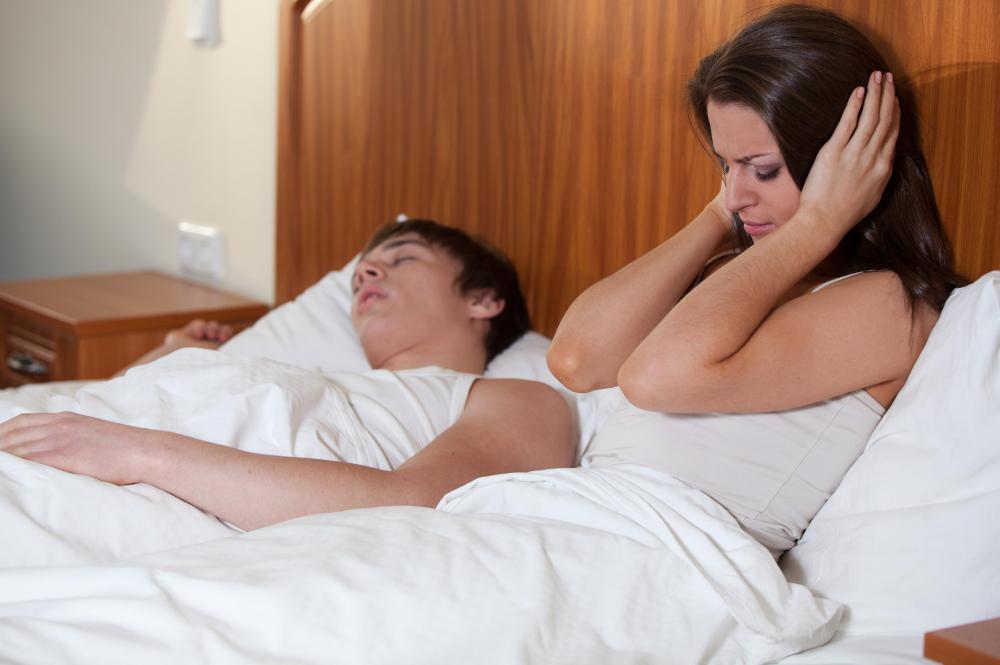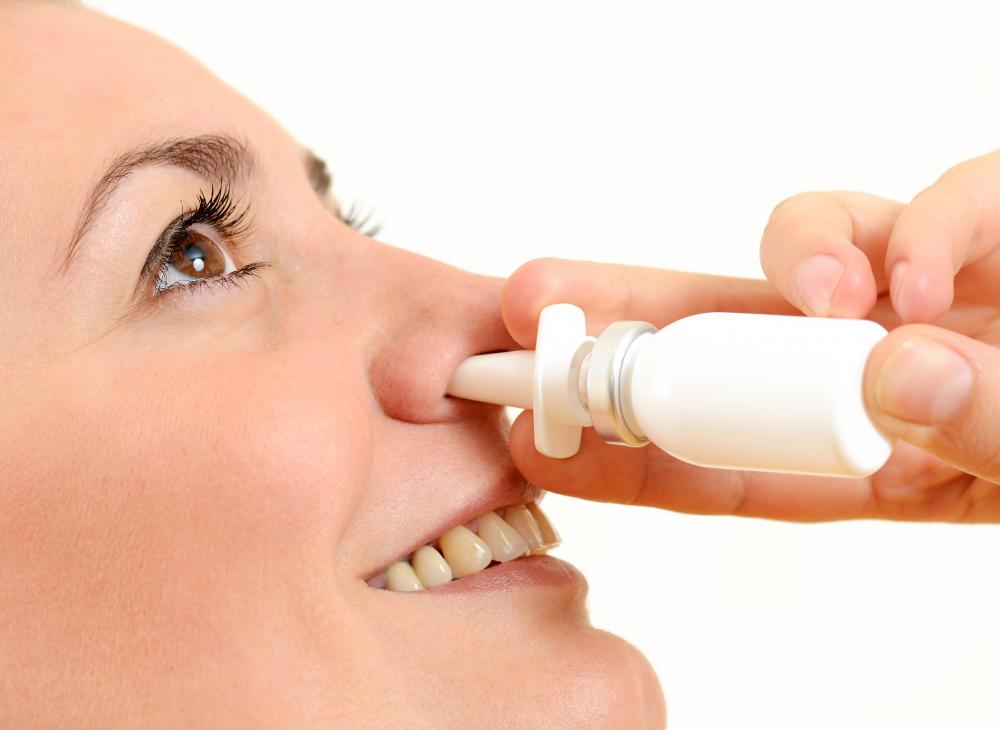At TheHealthBoard, we're committed to delivering accurate, trustworthy information. Our expert-authored content is rigorously fact-checked and sourced from credible authorities. Discover how we uphold the highest standards in providing you with reliable knowledge.
What is Positive Airway Pressure?
Individuals who suffer from sleep apnea often find relief from their breathing problems by employing positive airway pressure therapy. Small positive airway pressure machines pump pressurized streams of air directly into a person's nose while sleeping, keeping the throat and lungs free from obstruction and encouraging proper respiration. Medical research shows that consistent use of a positive airway pressure device at night can significantly improve the quality of sleep and relieve related symptoms of sleep apnea, such as sore throats, headaches, and snoring. Occasionally, doctors and nurses employ positive airway pressure therapy for patients in emergency situations, such as collapsed lungs or heart failure.
The most common type of device given to sleep apnea patients is a continuous positive airway pressure (CPAP) machine, which supplies a steady stream of compressed air to a mask or nosepiece. While the individual is sleeping, the CPAP machine creates a vacuum around the nose and maintains a predetermined level of air pressure in the airways throughout the night. As a result, airways remain open and an individual is able to rest soundly, without fear of waking up due to shortness of breath.

Physicians and sleep technicians generally conduct physical examinations on patients to determine the level of airway pressure they need. Many CPAP machines have adjustable settings, so that technicians can easily increase or decrease the amount of pressure. With time, individuals with sleep apnea usually require less and less pressure to ensure a good night's sleep. Most patients, however, are not able to give up their devices altogether. Sleep apnea is a chronic condition, and symptoms can quickly return when a person stops using his or her CPAP machine for a period of time.

Many patients find it difficult to fall asleep and stay at rest while wearing CPAP masks and being subjected to constant airflow. It can be hard to exhale comfortably when air is continuously being pumped into the nose and lungs. To ease the strain placed on some patients, medical engineers designed a variable positive airway pressure (VPAP) machine that automatically decreases the intensity of air pressure when a person is exhaling. VPAP machines are capable of determining when individuals are inhaling or exhaling, and can adjust the supplied pressure levels accordingly.

Positive airway pressure treatments can be administered in hospitals to patients with various respiratory and cardiac problems to improve their breathing. Patients who suffer from respiratory failure, collapsed lungs, heart failure, and other conditions where breathing becomes shallow or difficult can benefit significantly from specialized CPAP or VPAP machines. Employing these devices allows doctors and nurses to focus on other aspects of reviving and treating patients.
AS FEATURED ON:
AS FEATURED ON:


















Discuss this Article
Post your comments